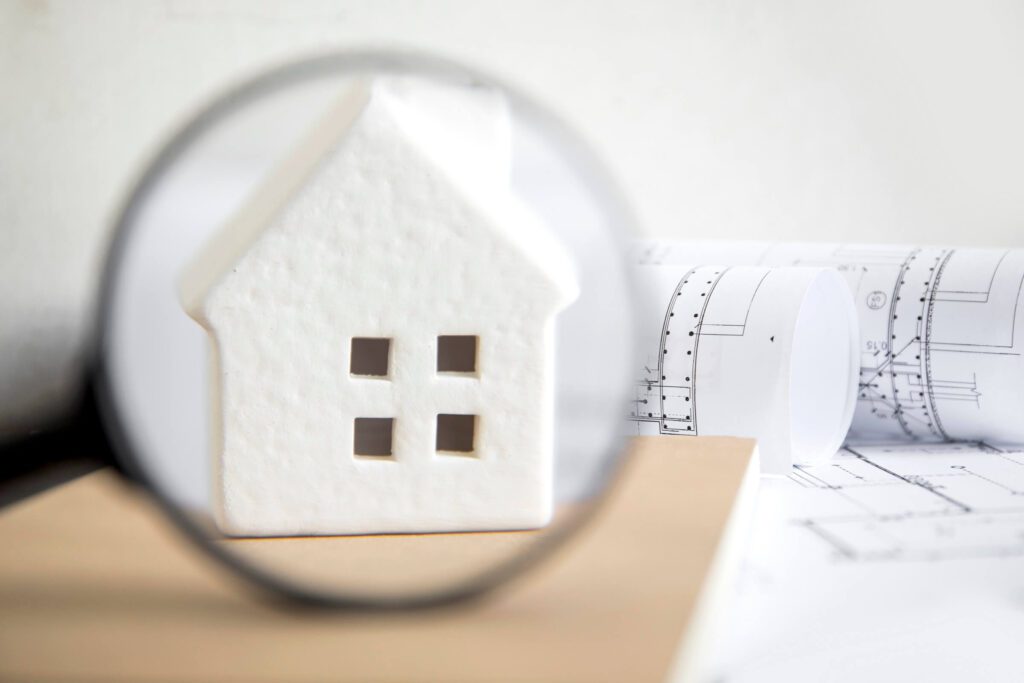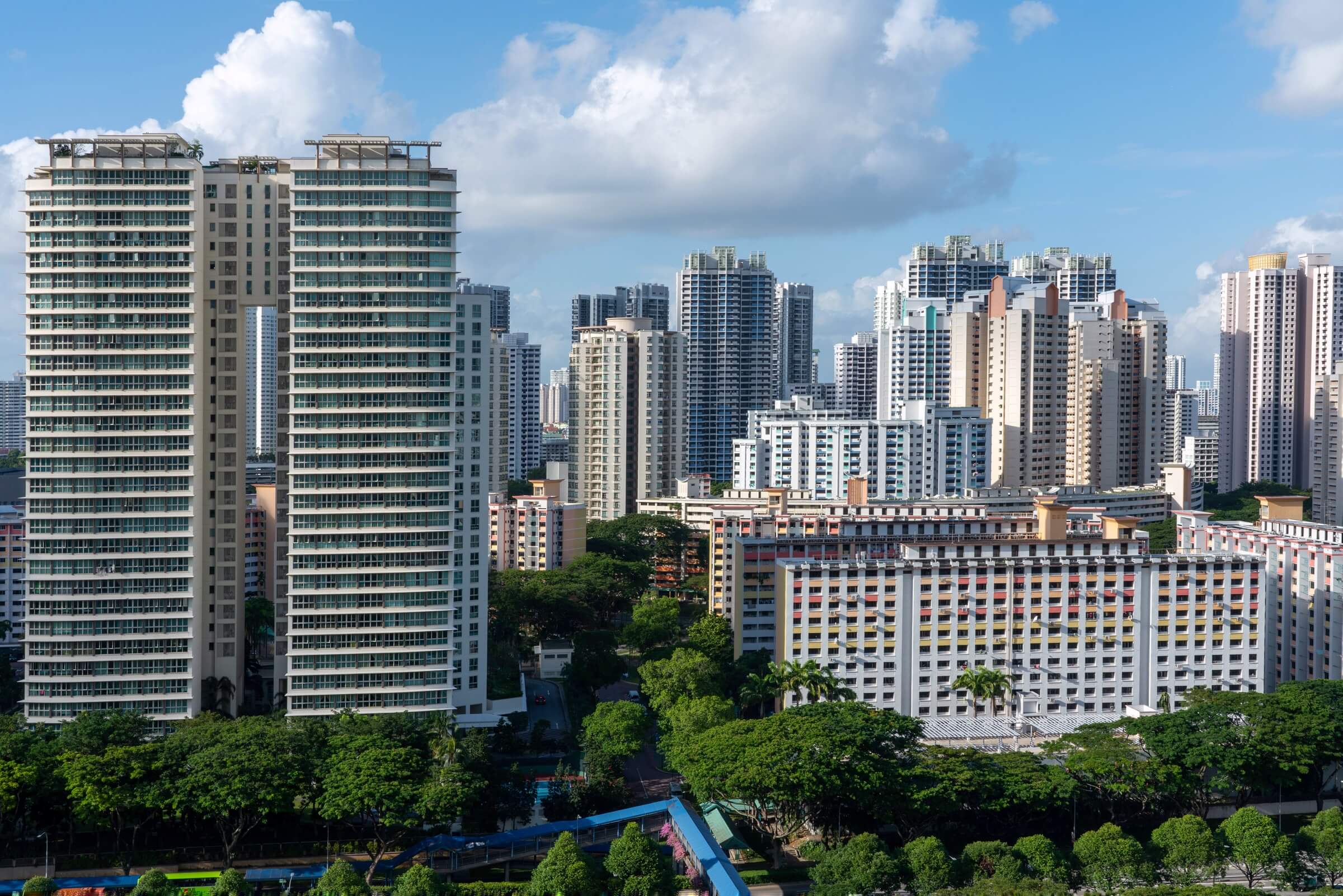In Singapore, a bank valuation for properties is an important step in the mortgage application process, where an independent professional valuer determines the current market value of a property. This valuation is required by banks and financial institutions before they approve a loan, especially when you are purchasing a property or refinancing an existing loan.
The valuation helps the bank assess the collateral for the loan and mitigate risks by ensuring the property is worth the loan amount. It is also used to determine the Loan-to-Value ratio (LTV), which influences the size of the loan a borrower can take and the terms of the loan.

How Does Bank Valuation for Properties Work in Singapore?
- When Is a Bank Valuation Needed? A bank valuation is typically required in the following situations:
- Mortgage Application: If you are applying for a new home loan, the bank will require a valuation to determine the property’s current market value.
- Refinancing: If you are refinancing your home loan with another bank, a fresh valuation of your property will be necessary.
- Equity Withdrawal: If you want to borrow against the equity of your property (e.g., for home renovation or investment purposes), the bank may ask for a valuation to confirm how much equity you have available.
- Who Conducts the Valuation?
- Independent Valuers: In Singapore, valuations are carried out by accredited property valuers who are registered with professional bodies such as the Singapore Institute of Surveyors and Valuers (SISV). These valuers are independent and not affiliated with the bank, ensuring that the valuation is impartial and unbiased.
- The valuation report will be submitted to the bank to help them assess the property’s value.
- How Does the Valuation Process Work in Singapore? The bank typically engages a third-party property valuer to assess the property’s market value. Here’s how the process generally works:
- Request for Valuation: The borrower requests a property valuation from the bank.
- Inspection: The professional valuer will inspect the property. During the inspection, they will evaluate factors like:
- Location: Proximity to amenities (e.g., MRT stations, schools, shopping centers), overall demand in the area, and neighborhood trends.
- Size and Condition: The land area, built-up area, the number of rooms, the condition of the property, and any renovations made.
- Age of the Property: Older properties may have a lower valuation than newer ones, though condition and upkeep are key factors.
- Comparable Sales (Comps): The valuer will analyze recent sale prices of similar properties in the vicinity to determine a fair market value.
- Market Conditions: The overall property market in Singapore will also be taken into account. If the market is strong, values may be higher, while in a weaker market, property prices might be lower.
- Valuation Report: After the inspection, the valuer will produce a report, which is submitted to the bank. The report includes the estimated market value, as well as any relevant commentary on the property and market conditions.
- How the Bank Uses the Valuation Report: The valuation report helps the bank determine:
- Loan-to-Value (LTV) Ratio: In Singapore, the LTV ratio determines the maximum loan amount that can be borrowed relative to the property’s value. The LTV is governed by the Monetary Authority of Singapore (MAS) regulations.
- For residential properties, the LTV ratio is typically capped at 75% for first-time homebuyers who are purchasing a property for their own use. If you are purchasing a second property or more, the LTV is usually capped at a lower percentage (e.g., 45-55% depending on the number of properties you own).
- If the property is valued at $1,000,000 and the LTV ratio is 75%, you can borrow up to $750,000.
- Approval and Loan Terms: Based on the valuation, the bank will determine how much they are willing to lend and the terms of the loan, including the interest rate and repayment schedule. If the property’s value is lower than expected, the bank may approve a smaller loan, require a higher down payment, or even reject the loan application.
- Loan-to-Value (LTV) Ratio: In Singapore, the LTV ratio determines the maximum loan amount that can be borrowed relative to the property’s value. The LTV is governed by the Monetary Authority of Singapore (MAS) regulations.
- Cost of a Bank Valuation in Singapore:
- The borrower typically bears the cost of the property valuation. The cost of a valuation varies depending on the type and size of the property but can generally range from SGD 200 to SGD 600 or more.
- The fee may be higher for larger or more complex properties, and additional fees may apply if there is a need for special valuation services (e.g., for commercial properties or properties with unusual features).
- Valuation Methodology: The valuer uses several methods to arrive at an estimate of the property’s market value:
- Comparative Market Analysis (CMA): This is the most commonly used method in Singapore, where the valuer compares the property to similar properties that have recently been sold in the same area.
- Income Capitalization Method: This method is often used for investment properties or commercial real estate, where the value is based on the income-generating potential (e.g., rental income) of the property.
- Cost Approach: This is typically used for new builds or properties with unique characteristics, where the value is determined based on the cost to replace or reproduce the property.
- Impact of the Valuation on the Loan:
- If the valuation is higher than expected, you may qualify for a larger loan, which can allow you to borrow more funds for purchasing or refinancing.
- If the valuation is lower than expected, the bank may reduce the loan amount it is willing to offer, and you may be required to pay a larger down payment to make up the difference.
- A lower-than-expected valuation may also result in the bank offering less favorable loan terms or higher interest rates, especially if the LTV ratio is deemed too high.
Key Takeaways for Bank Valuation in Singapore
- A bank valuation in Singapore is an essential part of the property loan application process, helping the bank assess the market value of the property to ensure the loan is secured by adequate collateral.
- Valuations are conducted by accredited property valuers who consider factors such as location, condition, size, and comparable sales in the area.
- The valuation impacts the Loan-to-Value (LTV) ratio, which determines how much of the property’s value the bank is willing to lend.
- The borrower typically pays for the valuation, and the costs can range from SGD 200 to SGD 600 or more, depending on the property type.
- The valuation report will be used by the bank to assess the loan amount, interest rates, and other loan terms.
In summary, a bank valuation is an important step in securing a mortgage or loan in Singapore. It ensures that the bank lends an amount that aligns with the true market value of the property, while also providing protection to both the borrower and the bank in case of default.
